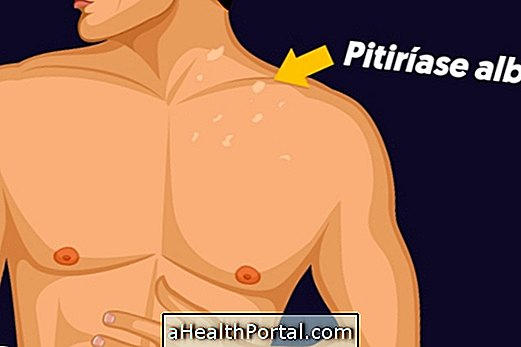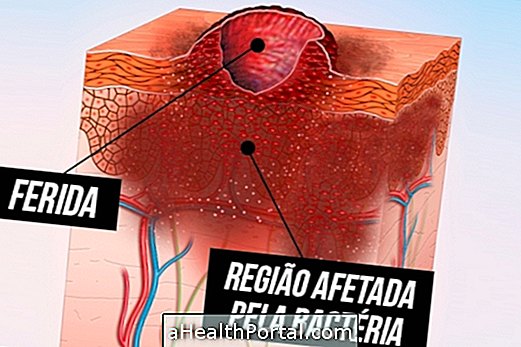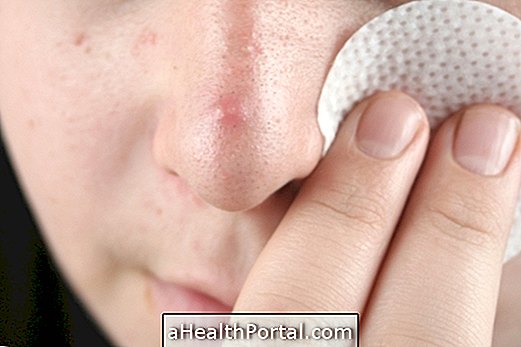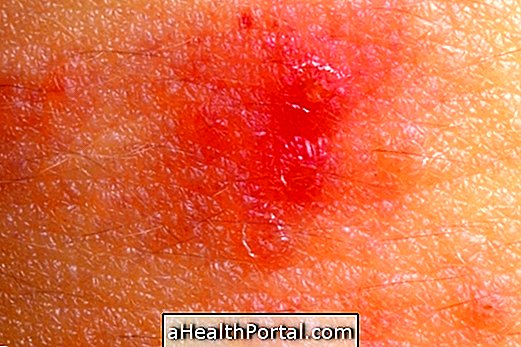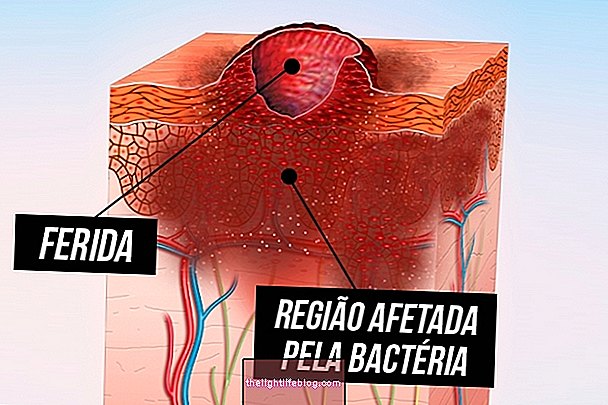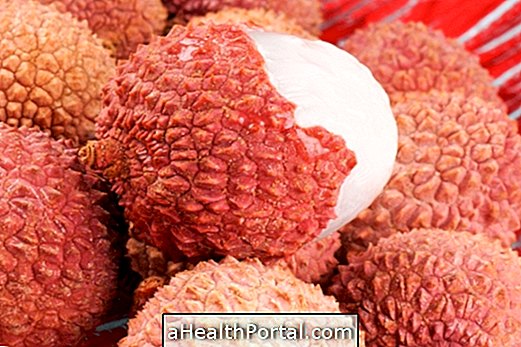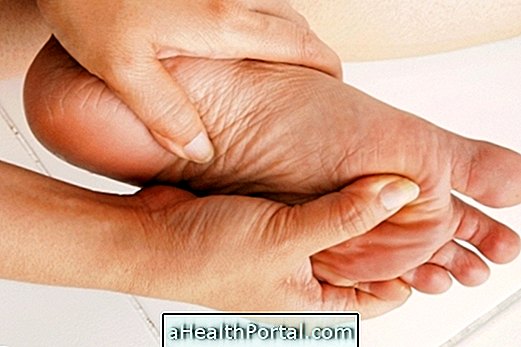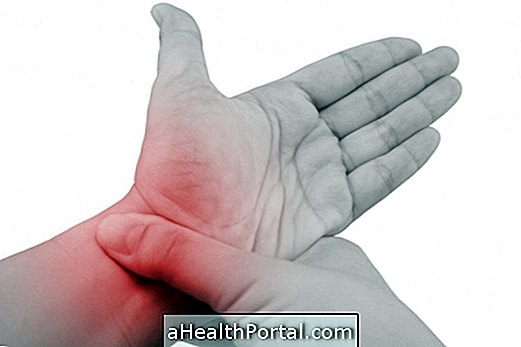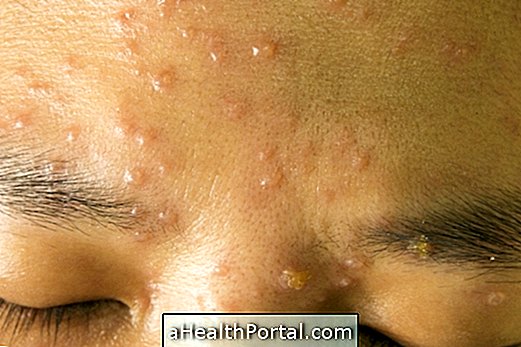Impingem, known scientifically as Tinea corporis, is a skin disease caused by fungi, which causes small vesicles of clear fluid to appear, which dry and turn yellow or reddish over time.
Generally, this disease is more common in children and the elderly, but can happen at any age due to lack of hygiene or excessive sweating, for example. The areas of the body most affected are usually the trunk, groin, face and arms, but the vesicles can arise anywhere.
Impingem is a very contagious disease, especially if someone comes in contact with the injury of an infected person or with objects they have had. And therefore, during the treatment it is advisable to avoid the sharing of personal objects like towels, clothes or sheets.
Impingem's photos
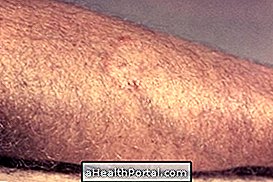



Main symptoms
The main symptoms of impingem are:
- Itchy skin;
- Reddish spots with increasing edges;
- Skin with scaling;
- Small blisters on the skin.
When these symptoms appear, it is recommended to consult a dermatologist to identify the problem and initiate appropriate treatment.
Also see a good home remedy for impingement that may help with treatment.
How is the treatment done?
Treatment for impingem should always be prescribed by a dermatologist, but it is usually done with ointments or creams to impinge, in mild cases, or with the intake of oral antifungal remedies for up to 30 days, in the most severe cases.
Some examples of ointments to treat impingem are Clotrimazole or Miconazole, for example. Find out more about the remedies used in the treatment of impingem.
During the treatment, it is still recommended to maintain good personal hygiene, keeping all regions well washed and dry, avoid sharing objects and avoid scratching wounds, as it increases the risk of transmission of the disease.
What causes Impingem
Impingem arises when there is excessive development of fungi on the skin and this usually happens in hot and humid regions. Thus, impingem is more frequent when:
- It stays wet for a long time;
- Adequate hygiene is not done;
- Do not dry your skin well after bathing, especially on the skin folds.
In addition, impingement can also be acquired by coming into direct contact with the skin of an infected person or animal.
